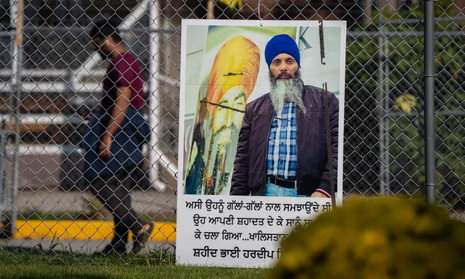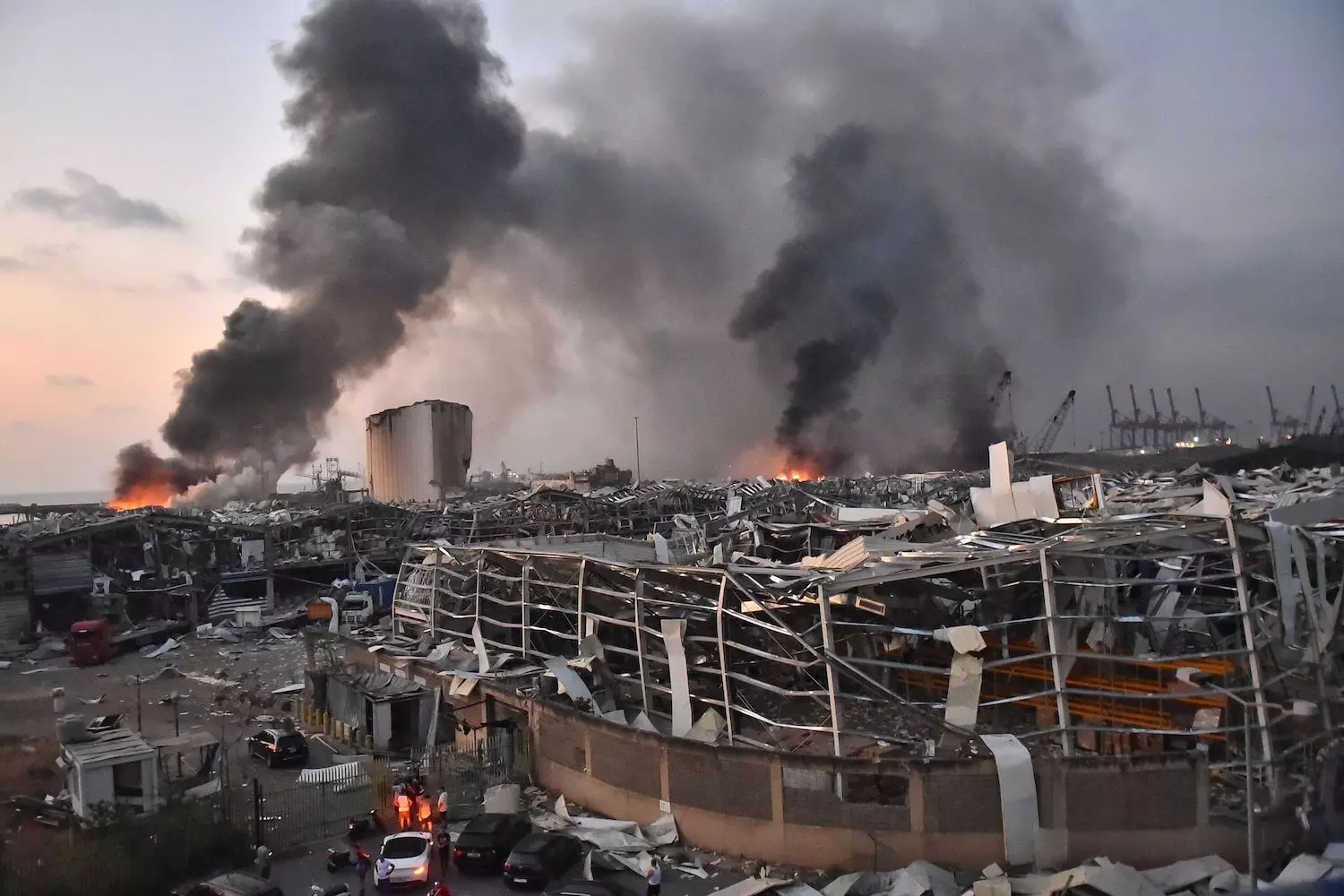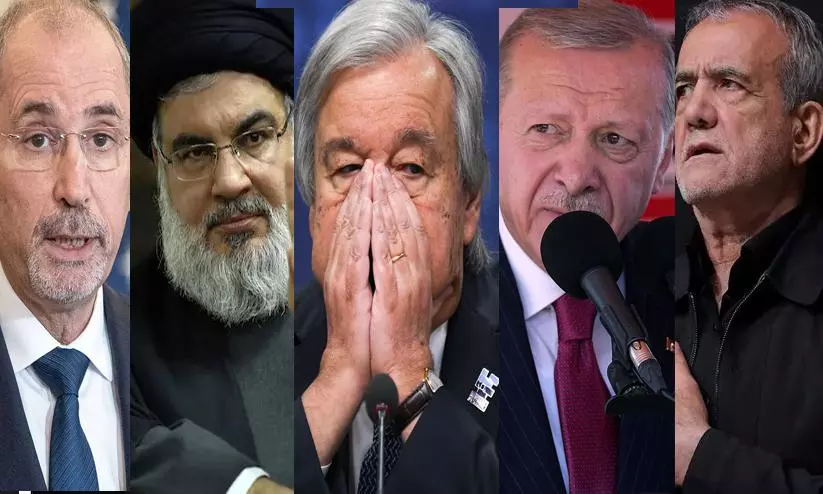
Air raid sirens sound across Israel's populous central area, including Tel Aviv
text_fieldsImage for representation only
New York: As Israeli prime minister Benjamin Netanyahu arrived in New York to attend the annual UN General Assembly, Israel's military says it has intercepted a missile fired from Yemen that set off air raid sirens across the country's centre.
Air raid sirens rang out across Israel's populous central area, including the seaside metropolis of Tel Aviv.
Another missile from Yemen landed in central Israel about two weeks ago, despite Israel's air defence system believed to be impregnable..
Israeli Prime Minister Benjamin Netanyahu on Thursday vowed to carry out “full force” strikes against Hezbollah until it ceases firing rockets across the border, dimming hopes for a ceasefire proposal put forth by US and European officials.
Israel carried out a new strike in the Lebanese capital, which killed a senior Hezbollah commander, and the militant group launched dozens of rockets into Israel. Tens of thousands of Israeli and Lebanese people living near their countries' border have been displaced by the fighting.
Netanyahu spoke as he landed in New York to attend the UNGA meeting, where US and European officials were putting heavy pressure on both sides of the conflict to accept a proposed 21-day halt in the fighting to give time for diplomacy and avert all-out war.
Nearly 700 people have been killed in Lebanon this week as Israel dramatically escalated strikes, saying it is targeting Hezbollah's military capacities. Israeli leaders say they are determined to stop the group's cross-border attacks, which began after Hamas' Oct. 7 attack that ignited the war in Gaza.
Israel's “policy is clear," Netanyahu said. "We are continuing to strike Hezbollah with full force. And we will not stop until we reach all our goals, chief among them the return of the residents of the north securely to their homes.” Just before his comments, the Israeli military said it killed a Hezbollah drone commander, Mohammed Hussein Surour, in an airstrike in the suburbs of Beirut. Hezbollah later confirmed Surour's death.
The Health Ministry said two people were killed and 15 wounded in the strike. Associated Press photos of the scene showed a gutted apartment in a residential building in Dahiyeh, the mainly Shiite suburb where Hezbollah has a strong presence.
Until recently, Israel had rarely targeted sites in Beirut during the low-level conflict with Hezbollah that has been ongoing since October. However, in the past week, Israel has struck Beirut's southern suburbs several times.
Over the past week, Israel has carried out several strikes in Beirut targeting senior Hezbollah commanders. One strike in eastern Lebanon on Thursday killed 20 people, most of them Syrian migrants, according to Lebanese health officials.
Israel hit 75 sites early Thursday across southern and eastern Lebanon and launched a new wave of strikes in the evening, the military said. Throughout the day, Hezbollah fired some 175 projectiles into Israel, the Israeli military said. Most were intercepted or fell in open areas, sparking some wildfires, though one rocket hit a street in a town near the northern city of Safed.
Israel has talked of a possible ground invasion into Lebanon to drive Hezbollah -- an Iranian-backed Shiite group that is the strongest armed force in Lebanon -- away from the border. It has moved thousands of troops to the north in preparation. Some 100,000 Lebanese have fled their homes in the past week, streaming into Beirut and points further north.
Israeli military vehicles transported tanks and armored vehicles toward the country's northern border with Lebanon a day after commanders issued a call-up of reservists. Several tanks arrived in Kiryat Shmona, a hard-hit town just several miles from the border.
The escalation has raised fears of a repeat – or worse – of the 2006 war between the two sides that wreaked destruction across southern Lebanon and other parts of the country and saw heavy Hezbollah rocket fire on Israeli cities.
(Inputs from PTI)























